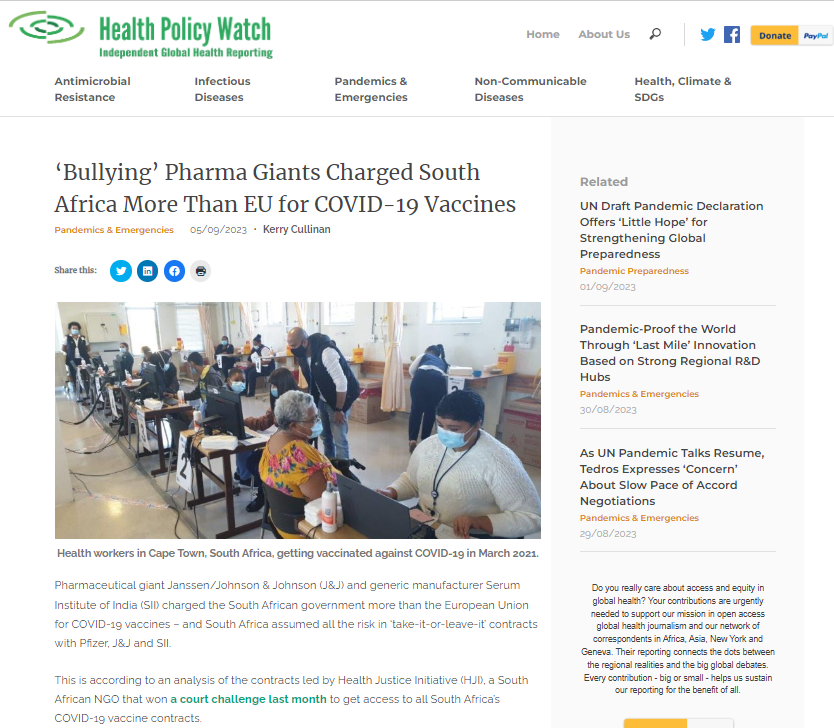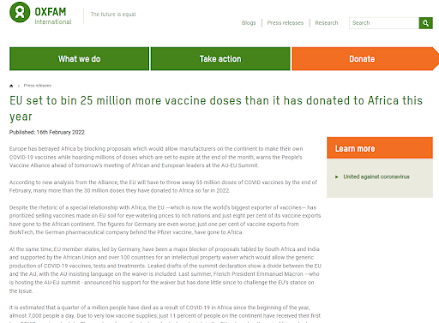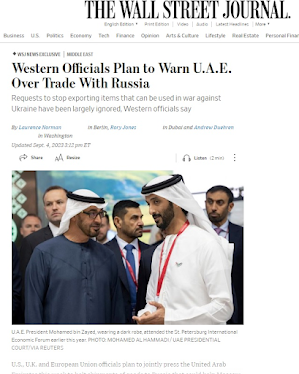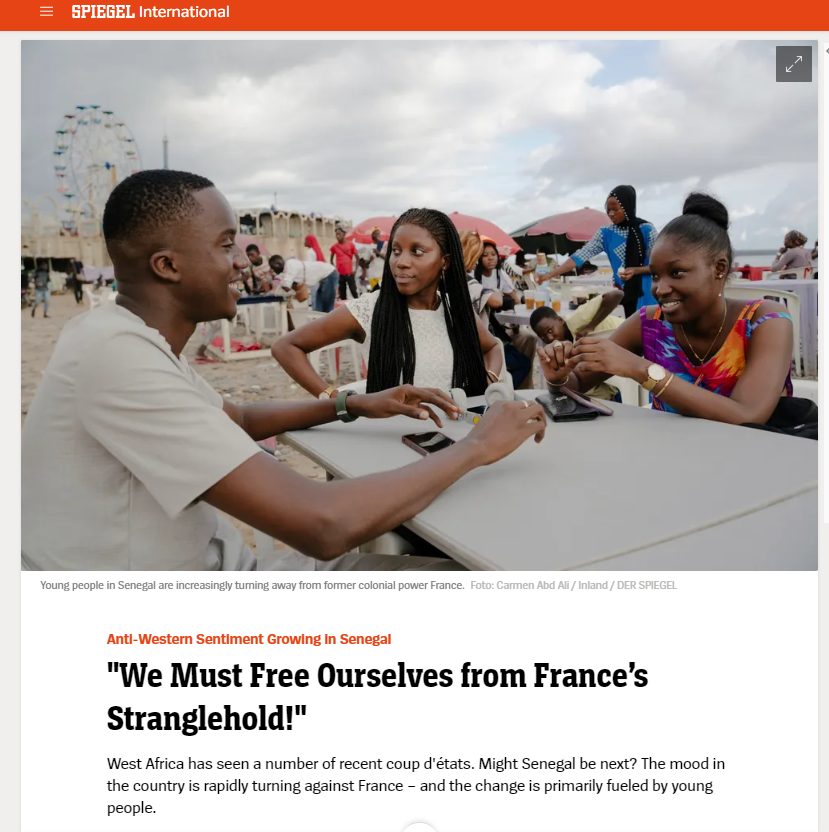
The summit of the “77 + China” group in Havana... increasing roles for the groups that reject hegemony
The Havana Summit of the Heads of State and Government of the Group of 77 + China, which will be held in the Cuban capital, Havana, from September 15 to 16, is being held under special international circumstances and a combination of efforts and paths of joint bilateral and multilateral action to overcome hegemony. Western and its associated institutions and forums.
The summit comes under the title “Current Development Challenges: The Role of Science, Technology and Innovation,” as Cuban President Miguel Díaz-Canel announced last June, calling for action on this occasion to strengthen the unity of the member states of the group, and to take an effective decision on Collective and practical actions to confront contemporary challenges.
The largest intergovernmental group
The Group of 77 is the largest intergovernmental group of developing countries in the United Nations. It aims to collectively advance the economic interests of its members, as well as create common negotiating capacity within the scope of the United Nations.
The group began on June 15, 1964, at the initiative of 77 countries that signed the Joint Declaration, which was issued at the closing session of the United Nations Conference on Trade and Development in Geneva.
Although the membership of the Group of 77 has reached 134 countries today, it has maintained its original name due to its historical significance. It represents two-thirds of the members of the United Nations and 80% of the world’s population.
The group's first ministerial meeting was held in Algeria in 1967, and represented a qualitative shift in its structure, as the Algeria Charter was adopted, which became the group's institutional structure, and also paved the way for a permanent institutional structure that grew continuously.
The structure of the group gradually developed, as this development led to the establishment of the pacts of Rome, Vienna, Paris, Nairobi, and Washington. The group also has representatives in several international institutions and paths, including the Food and Agriculture Organization (FAO), the International Monetary Fund, and the United Nations Educational and Cultural Organization (UNESCO). ", and others.
The group takes the United Nations building in New York as its headquarters, and the presidency of the group is transferred between member states in a vote that takes place every year at the end of each session.
Since its establishment, the Group of 77 has enjoyed China's support, as Beijing attended the group's meetings as a "special guest" at first, until coordination between the two parties began in 1991.
In 1996, the 20th Ministerial Session of the organization adopted its current name, and then the first statement was issued under the name “Group of 77 + China”, and the name has been adopted since then.
China confirms that it supported the legitimate demands of the group and maintained cooperative relations with it, despite the fact that it is not a member of it.
Collective goals for the countries of the South
According to its official website, the G77+China aims to provide the means for countries of the South to articulate and advance their collective economic interests, and to promote South-South cooperation for development.
The group seeks to enhance its joint negotiating capacity on all major international economic issues within the United Nations system.
In the political context, some attribute the roots and reasons for its establishment as an international group and bloc to the fact that it is the economic complement to the bloc of Non-Aligned Movement countries, as it was established due to the geopolitical and economic conditions that characterized the post-Cold War period, and as a middle way between the two social and economic systems existing at that time, the liberal capitalist system. The free market economy, the socialist system, and the commanded market economy.
The group's main decision-making process is known as the South Summit, and the first summit was held in the Cuban capital, Havana, in April 2000.
It is also noteworthy that the member states finance the group's activities through contributions, and enjoy a joint work system at the level of its various branches. The presidency of the organization is also transferred on a regional basis, between Africa, Asia, Latin America, and the Caribbean countries, and the period extends for one year in all branches.
Havana Summit...intensification of the roles of counter-hegemonic blocs
According to what was announced by Cuba's Ambassador and Permanent Representative to the United Nations, Pedro Luis Pedroso, Cuba, as the current president of the group, hopes that the upcoming Havana summit will contribute to strengthening the voice of the group in the ongoing intergovernmental negotiation processes, which aim to hold a “sustainable development” summit in September 18 and 19, in New York, and the “Future” Summit, scheduled to be held in September 2024, are two events that aim to chart a future of peace and sustainable development for the peoples of the Global South.
For his part, the Cuban President spoke, during his speech at the recent BRICS summit, that the Group of 77 and the BRICS group bear the responsibility of calling for a change in the current international system, indicating that “this is not an option, this is the only alternative.” .
Cannell stressed that the Group of 77 and the BRICS have historically called for a real transformation in the current international financial structure, describing it as “extremely unfair, outdated, and suffering from dysfunction.”
This year's meetings in Cuba come in light of transformations and coups at the global level, while the role of political blocs, groupings, and economic and geopolitical alliances is growing.
The current summit also gains special importance, for more than one factor, including that related to the location of its holding, as some Western media outlets reported that Cuba “by presiding over the summit, will seek to lead like-minded countries in standing against the United States.”
The upcoming summit also represents special importance as the world is preoccupied with talking about the Global South, and the authenticity and history that the group represents in its representation of the countries of the South.
In the same context, the American ABC network spoke, in a report, about the definition of the Global South, stressing that “at one stage the Group of 77 was considered the Global South.” It is also noted that the summit also comes after the “Voice of the Global South” summit was held. In India, which took place last January, in addition to the recent BRICS summit in South Africa, last August, which indicates the increasing importance of these groupings and frameworks.




















































